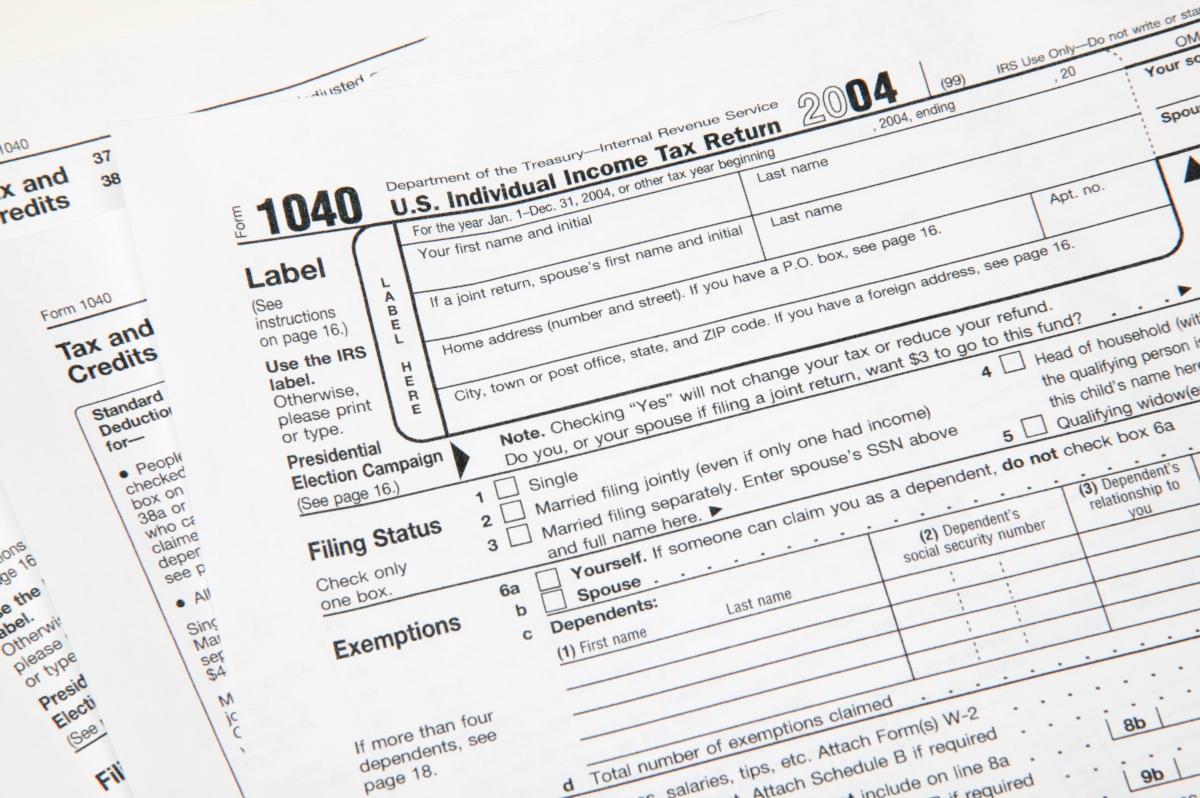Can You Write Off Child Support on Your Taxes? No, and Here's Why
As tax season approaches, can taxpayers who paid child support in 2021 write off those payments on their taxes? No, child support is not tax-deductible.
Jan. 12 2022, Published 12:23 p.m. ET

Child support payments are not tax-deductible for the person making payments. They also do not increase taxable income for the recipient.
Whenever the time comes to pay Uncle Sam his annual taxes, Americans understandably want to pay as little of their income in taxes as possible. As the new tax season approaches, if you have a child support arrangement with a former partner, you might wonder if child support payments are tax-deductible.
If you’re looking to write off the child support you paid in 2021 as a way to reduce your taxable income, you’re out of luck. Child support payers can't deduct those payments, the IRS explains. However, this doesn’t rule out the possibility of being able to claim your child as a dependent, which could reduce bills when you file your taxes.
Do you have to claim child support on taxes?
Another question for parents splitting care of a child is whether the recipient of child support must claim that as income for tax purposes. Fortunately for child support recipients, you don't have to claim child support on taxes.

Taxes aren't impacted by child support payments.
The IRS states, “Child support payments are neither deductible by the payer nor taxable income to the recipient.” Therefore, payers of child support can't lower their taxable income by writing off those payments, and recipients of child support don't increase their taxable income via those payments.
Which child expenses can reduce your taxes?
Child support isn’t something that impacts your tax bill (as either the payer or the recipient). However, the parent paying child support might be able to claim the child as a dependent on federal tax returns—but only if that child lived with that parent for more of the year.
The “custodial” parent cares for the child for at least half the year and is usually the one who claims the child as a dependent for tax purposes.
Another option exists in which the custodial parent can sign Form 8332, which gives the noncustodial parent the right to claim a child as a dependent.
What is a tax write-off?
Tax preparation can be complicated for many Americans, especially when considerations of divorce, children (and the child tax credit), or multiple sources of income are factored in.

You might hear people discussing something called a tax write-off this time of year. However, “write-off” isn’t a technical term used by the IRS. As Credit Karma explains, the term “write-off” is a slang term for a tax deduction, which is anything that enables the taxpayer to reduce their taxable income and reduce the taxes owed.
When calculating your tax refund or the amount you owe in taxes, much hinges on your total taxable income for the given year. Write-offs, or deductions, are a way to reduce your taxable income. The IRS explains that tax deductions lower your income before you calculate the tax you owe.
When preparing your taxes, you should be aware that a tax credit is different than a tax deduction. Tax credits directly reduce your tax bill dollar-for-dollar, instead of lowering your taxable income.
What are some examples of tax write-offs?
Some common tax deductions, or write-offs, taken by many Americans include:
Medical expenses
Charitable donations
Mortgage interest
401(k) and IRA contributions
